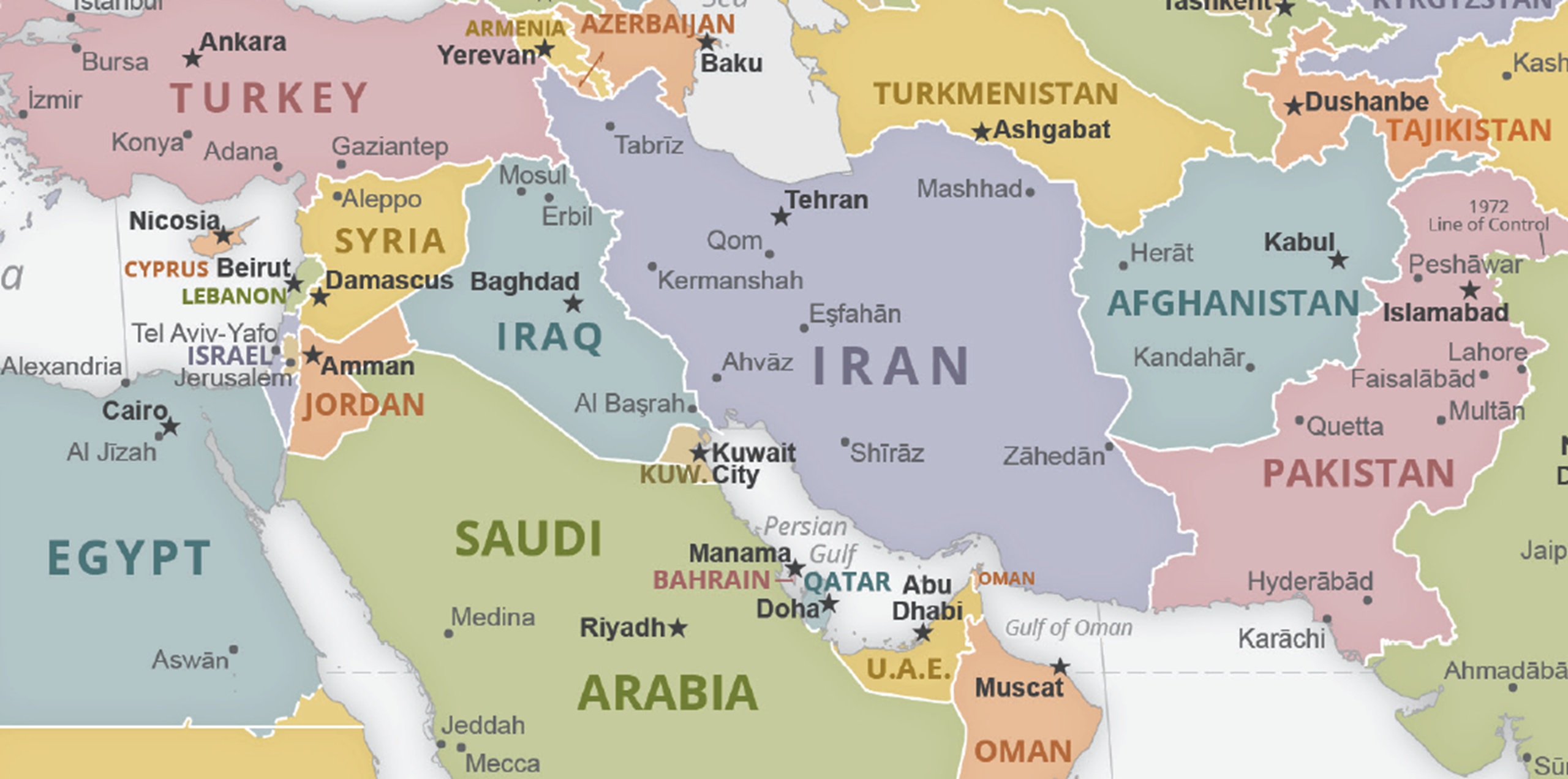Comparing U.S. and Iran Military Might
By Andrew Hanna
As of January 2020, the United States possessed an overwhelming advantage in conventional military capabilities in the Persian Gulf – dominating in both air and naval power. But Iran’s unconventional capabilities, along with its array of short- and medium-range ballistic missiles, posed a threat to American assets and partner forces.

